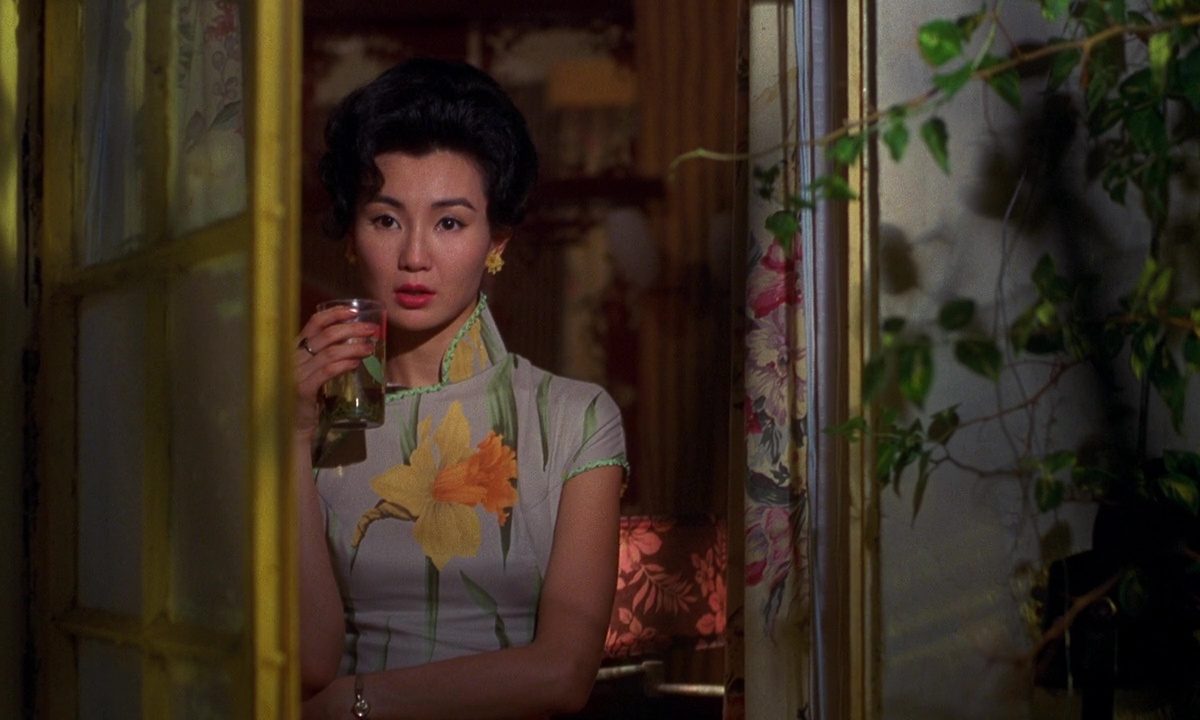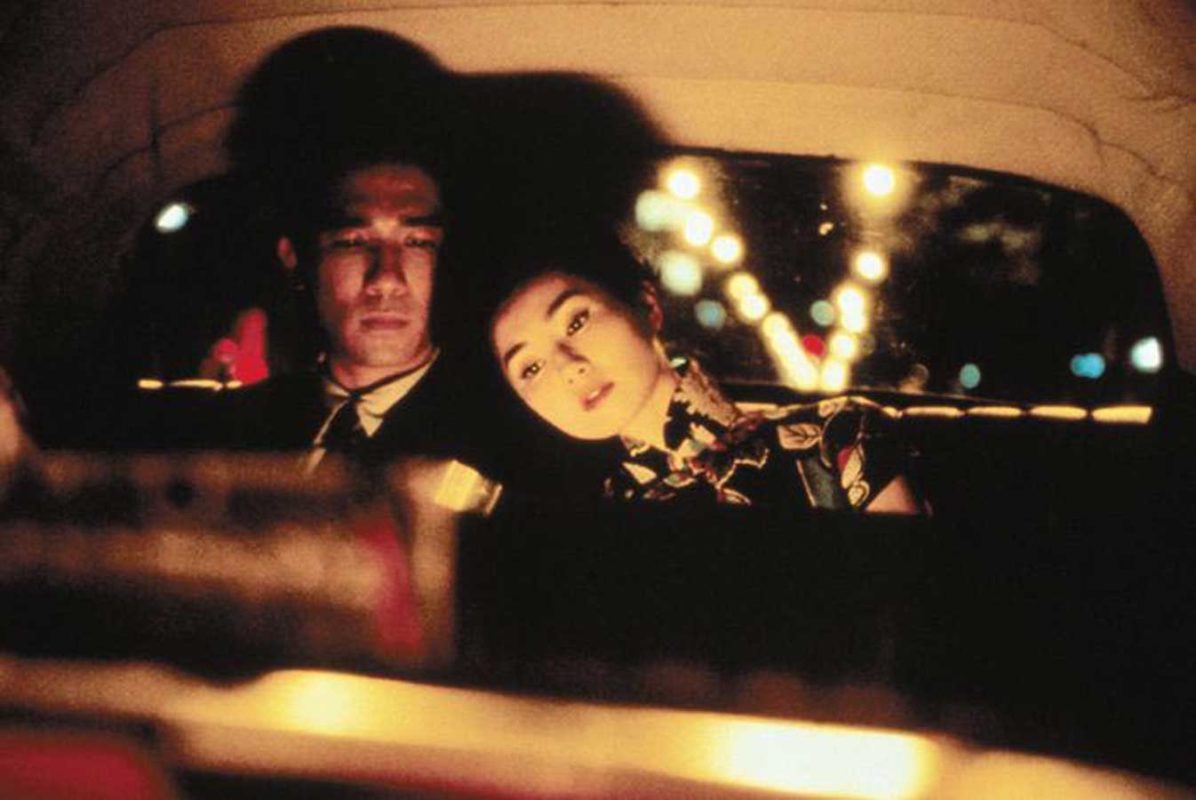I’ve never been the hugest fan of Wong Kar Wai’s films, but this one is an example not just of how distinctive the art of filmmaking can sometimes be but how well he adheres to it. The story itself is pretty banal – in fact even a few weeks later I barely remember it, and reading the basic plot on Wikipedia didn’t stir any particular memories in me.

But like Alfonso Cuaron’s Roma, In the Mood for Love shows a director far less interested in narrative and plot than in evoking a particular time and place and doing it with as much sensory detail as possible to make it feel real and (to someone like me, who has no idea what 1960s Hong Kong was like) authentic.
It’s something he achieves in shovel-loads. The moods, textures, costuming and production design is very evocative. When Maggie Cheung as Su, dressed impeccably in a stylish dress, gorgeous but conservative jewellery and high heels, clicks and clacks down a grimy staircase in the pouring rain to a dingy street-side noodle vendor, it’s an image few artists could make up without having a rich memory of it from their knowledge of a people or a city where stuff like it really took place.
Su is a secretary, and when she moves into one of the rented rooms of a large house overseen by a fussy and nosy but friendly landlady, she does so as a handsome young reporter Chow (Tony Leung) occupies another of the rooms. With both their nosy landlady and the social dictates of the time, Su and Chow’s interactions are friendly and collegial, but it soon becomes obvious they have feelings for each other, especially when it emerges that both their respective spouses (who we see little of on screen) are being unfaithful.

What ensues is partly a melodrama love story as they give in, slowly, demurely and chastely to their desire for each other, and partly a fever dream as they imagine what they’d be doing to each other if they were lovers (and apparently – although I had no idea of this until I read it in reviews – what their spouses were doing with other people behind their backs). The problem with the narrative arc is you’re never sure what’s meant to be real and what isn’t, or whether only part of it is.
And still, even as I write these words, little about the story is particularly memorable or interesting, and it kind of peters out instead of drawing to a conclusion. But what I still remember is the lush visual language, the period detail in the colours and cinematography and the svelte but buttoned down central couple trying to keep very inconvenient animal urges under wraps of fine clothing and a sense of restraint and grace.
Leung is as good as he always is, but it’s Cheung your eye will be constantly drawn to – not just because of her physical beauty, but the way she moves, somewhere between the schoolteacher of a thousand young male teenage fantasies and a jungle cat with its knowing undercurrent of sensual power.
Subscribe to FIB’s Weekly Alchemy Report for your weekly dose of music, fashion and pop culture news!







